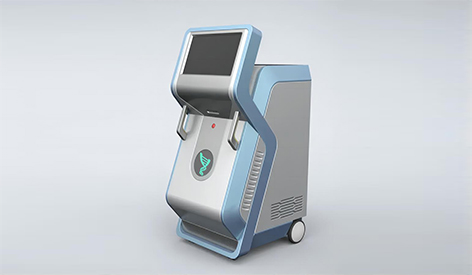ㆍPrivacy: We respect your privacy. Here you can find an example of a non-disclosure agreement. By submitting this form, you agree to our terms & conditions and privacy policy.
Views: 4 Author: Site Editor Publish Time: 2023-10-23 Origin: Site








In the machining of medical device shells, a variety of materials may be used based on the specific requirements of the device. Common materials include:

Medical-Grade Plastics: Materials like ABS, PC, PVC, and PEEK are often used due to their biocompatibility, chemical resistance, and ease of machining.
Stainless Steel: 316L stainless steel is widely used for its corrosion resistance and biocompatibility, making it suitable for surgical instruments and implants.
Titanium Alloys: Titanium materials offer a high strength-to-weight ratio and excellent biocompatibility, making them suitable for implantable medical devices.
Aluminum: Aluminum alloys are used for lightweight, non-implantable components, such as housings and brackets.
Cobalt-Chromium Alloys: These alloys are used for orthopedic implants, as they are strong, durable, and biocompatible.
PEEK (Polyetheretherketone): PEEK is used for its excellent chemical resistance and radiolucency, making it suitable for various medical applications, including spinal implants.
The choice of material depends on factors such as the device's intended use, biocompatibility requirements, mechanical properties, and sterilization needs. Medical device manufacturers must adhere to strict regulatory standards when selecting materials to ensure safety and efficacy.

